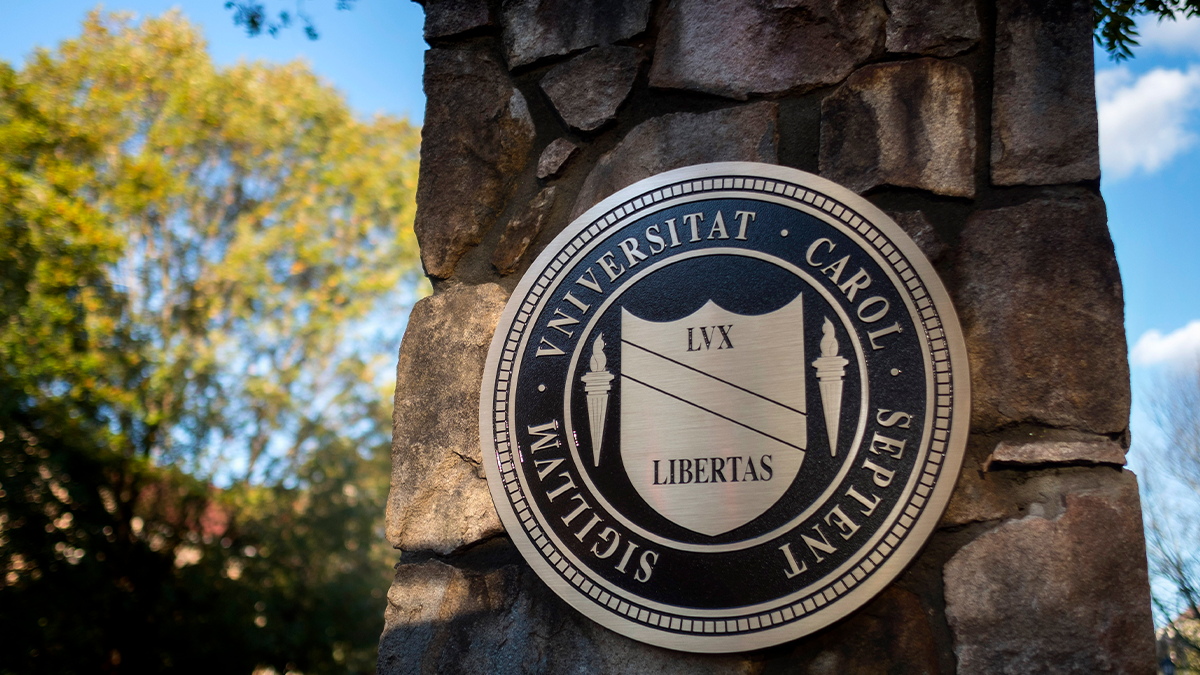University defends holistic admissions in new Supreme Court filing
Carolina files a legal brief with the U.S. Supreme Court in a case with profound implications for U.S. higher education.

Today, Carolina filed a response brief with the nation’s highest court as part of a lawsuit challenging how universities may select and educate their students.
Students for Fair Admissions Inc. (SFFA), a private group, sued Carolina in 2014, alleging racial discrimination under the 14th Amendment and Title VI of the Civil Rights Act of 1964.
SFFA also filed a lawsuit against Harvard University alleging intentional discrimination against Asian applicants. SFFA seeks to overturn long-standing Supreme Court precedent, affirmed as recently as 2016, that permits universities to consider race as one factor among many as admissions offices assess a variety of information about individual applicants.
In 2021, after extensive discovery and an eight-day trial, a federal court decided in favor of Carolina. The court issued a 155-page opinion concluding that the University’s holistic, need-blind admissions process faithfully follows U.S. Supreme Court precedent. Federal district and appeals courts also previously sided with Harvard.
In an uncommon step, the Supreme Court accepted Carolina’s case without prior review by a federal appeals court. Last Friday, a Supreme Court order reversed a previous decision to consolidate the two cases, which will now be heard separately in oral arguments later this fall. A decision is expected in 2023. Both Carolina and Harvard filed separate briefs on Monday responding to SFFA’s May filing. Amicus — friend of the court — briefs from third parties supporting the universities in the two cases are due Aug. 1.
Carolina does not discriminate in admissions against any applicant or group or use quotas or formulas, according to a University website devoted to the case. UNC-Chapel Hill evaluates applicants individually based on dozens of factors including academic performance, class rank, essays, experiences and potential contributions to the educational environment on campus. Other considerations include geography, military background and socioeconomic background. The admissions office considers race or ethnicity only if a student chooses to share that information and — even then — as one factor among many others.
“At Carolina, we have long been recognized for making an affordable, high-quality education broadly accessible to the people of North Carolina and beyond,” said Chancellor Kevin M. Guskiewicz in a statement. “Carolina is passionately public, and we’re proud to be one of the few flagship universities to practice need-blind admissions and provide low-debt, full-need student aid. Our approach to admissions serves the University’s mission and reflects our core values. Every student earns their place at Carolina.”
“As a faculty member here for over 27 years, I have witnessed firsthand the value of our holistic admissions process,” Guskiewicz said. “Each year, we welcome bright and talented new Tar Heels from a variety of backgrounds and with different lived experiences. Their interactions with others who have a wide range of experiences are vital to their education and to their life success after graduation. As business executives who hire our graduates for a global workforce tell us, our students leave Chapel Hill prepared to become the next generation of leaders because they learned from classmates of many different backgrounds and beliefs.”
Consistent with the University’s academic mission, administrators say the campus pursues the educational benefits associated with diversity long endorsed by the Supreme Court that include improving learning outcomes, promoting the robust exchange of ideas, fostering innovation and preparing effective leaders.
Learn more about Carolina’s position in the lawsuit at its admissions lawsuit website. Due to the pending litigation, University leaders are limited in what they can say about the case.







